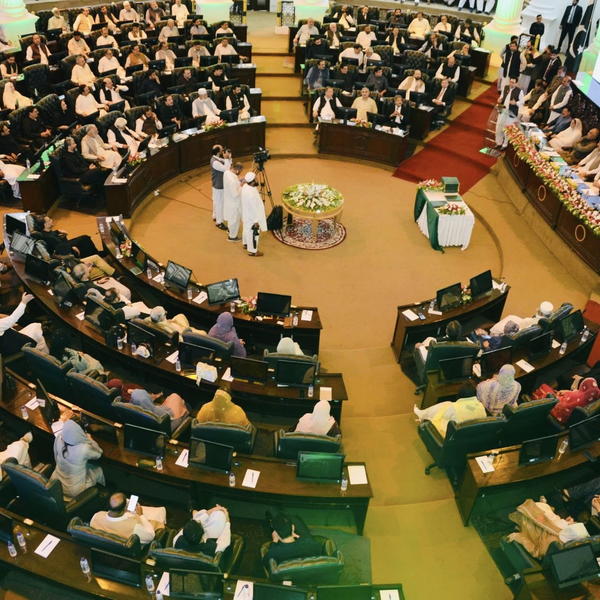Pakistan’s power sector stocks down up to 23% as government plans to terminate contracts
Government plans to convert IPPs’ agreements from take-or-pay to take-and-pay

Javed Mirza
Correspondent
Javed Iqbal Mirza is an experienced journalist with over a decade of expertise in business reporting, news analysis, and investigative journalism. His work spans breaking news, editorial pieces, and in-depth interviews.

Shares of listed power generation companies have declined ranging from 13% to 23%, following the government’s decision to terminate contracts with several power producers. This move has sparked fears of return revisions and premature terminations, leading to significant market reactions.
Impact on HUBC and Other IPPs
Hub Power Company (HUBC) has been notably affected, with its share price plummeting by 23% over the last 13 sessions since September 18, 2024. The share price dropped from Rs146 on September 19, 2024, to Rs112 on October 8, 2024, marking a Rs34/share decrease. From its recent peak of Rs166.69 on July 3, 2024, HUBC’s share price has fallen by 29%, or Rs46/share, after adjusting for an Rs8.5 dividend.
Other Independent Power Producers (IPPs) have also suffered significant losses. Lalpir Power (LPL) saw a 26% decline, Nishat Chunian Power (NCPL) dropped by 13%, and Nishat Power (NPL) decreased by 17% over the same period, a report by Topline Securities noted.
Government’s Plan for Premature Termination
The Government of Pakistan is reportedly planning to enter into agreements with five power producers for the premature termination of their Power Purchase Agreements (PPAs).
This includes two listed companies, Hub Power (HUBC) and Lalpir Power Limited (LPL), one indirectly listed company, Roush Power (through Altern Energy), and two unlisted players, Saba Power and Atlas Power.
The primary objective behind this early termination is to avoid further capacity payments to these producers, aiming to reduce power costs in the country. This measure is expected to result in a benefit of Rs0.6/Kwh.
Additional Government Measures
In addition to terminating PPAs, the government is considering several other steps to reduce power costs, including:
1. Conversion of imported coal power plants to local coal.
2. Reprofiling of CPEC-related IPPs’ debt from the existing tenor of 10 years to 15 years.
3. Reduction in the equity return component of IPPs under the 2002 policy, wind power plants, and government-owned power plants.
4. Conversion of agreements from take-or-pay to take-and-pay.
Conversion of IPPs Agreements
There are also reports suggesting the conversion of 18 IPPs, with a combined capacity of 4,267 MW, from take-or-pay agreements to take-and-pay agreements. Listed companies affected by this potential change include Pakgen Power (PKGP), Kohinoor Energy (KOHE), Engro Power Gen Qadirpur (EPQL), Nishat Chunian Power (NCPL), and Nishat Power (NPL). Additionally, two private subsidiaries of HUBC, Laraib Energy and Narowal Energy, are also included.
Analyst’s Perspective
An analyst at Topline Securities commented that with the termination of these agreements, companies are expected to receive the backlog of their principal amount receivables within 90-120 days.
This series of government actions and market reactions underscores the significant impact of policy decisions on the financial health of listed companies and the broader economic landscape.










Comments
See what people are discussing